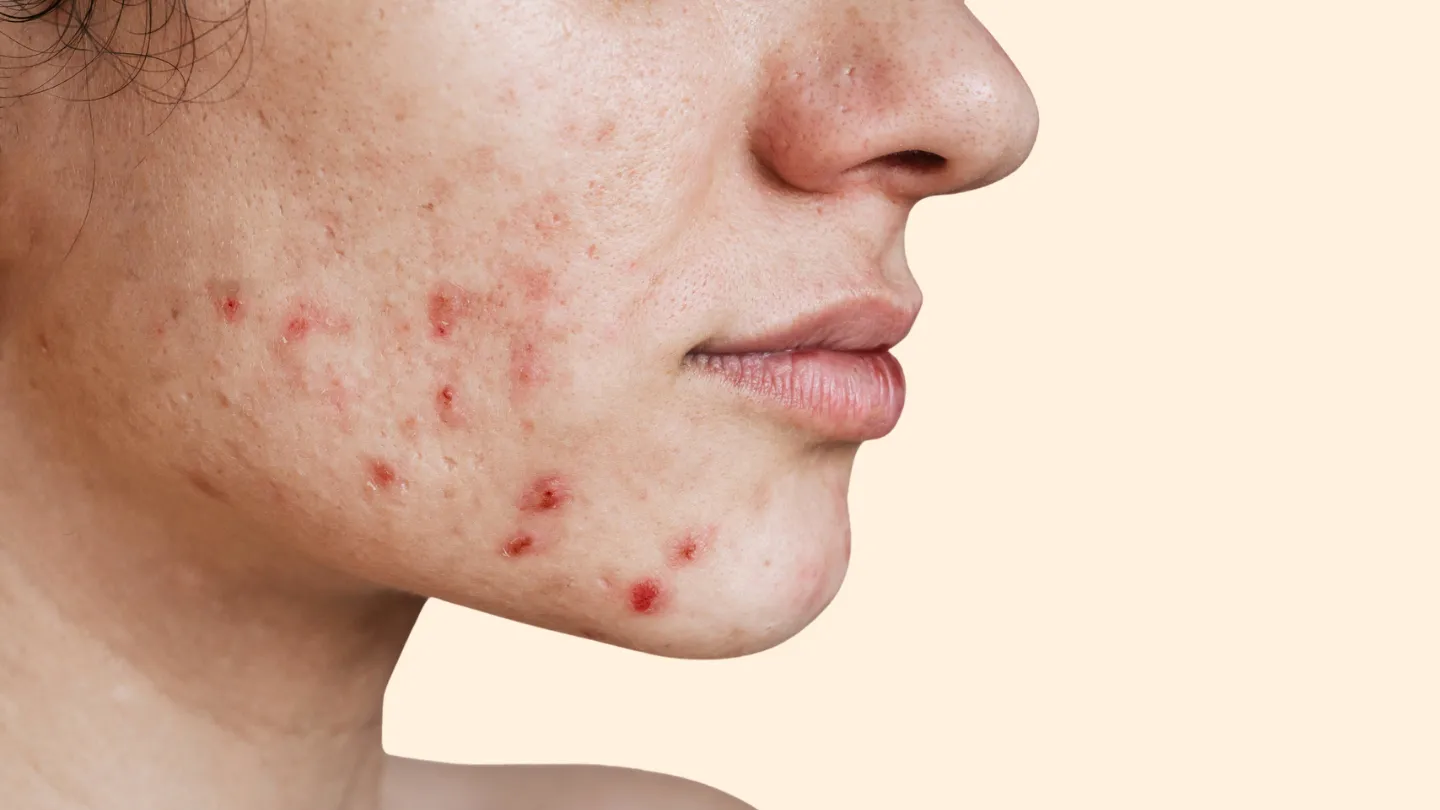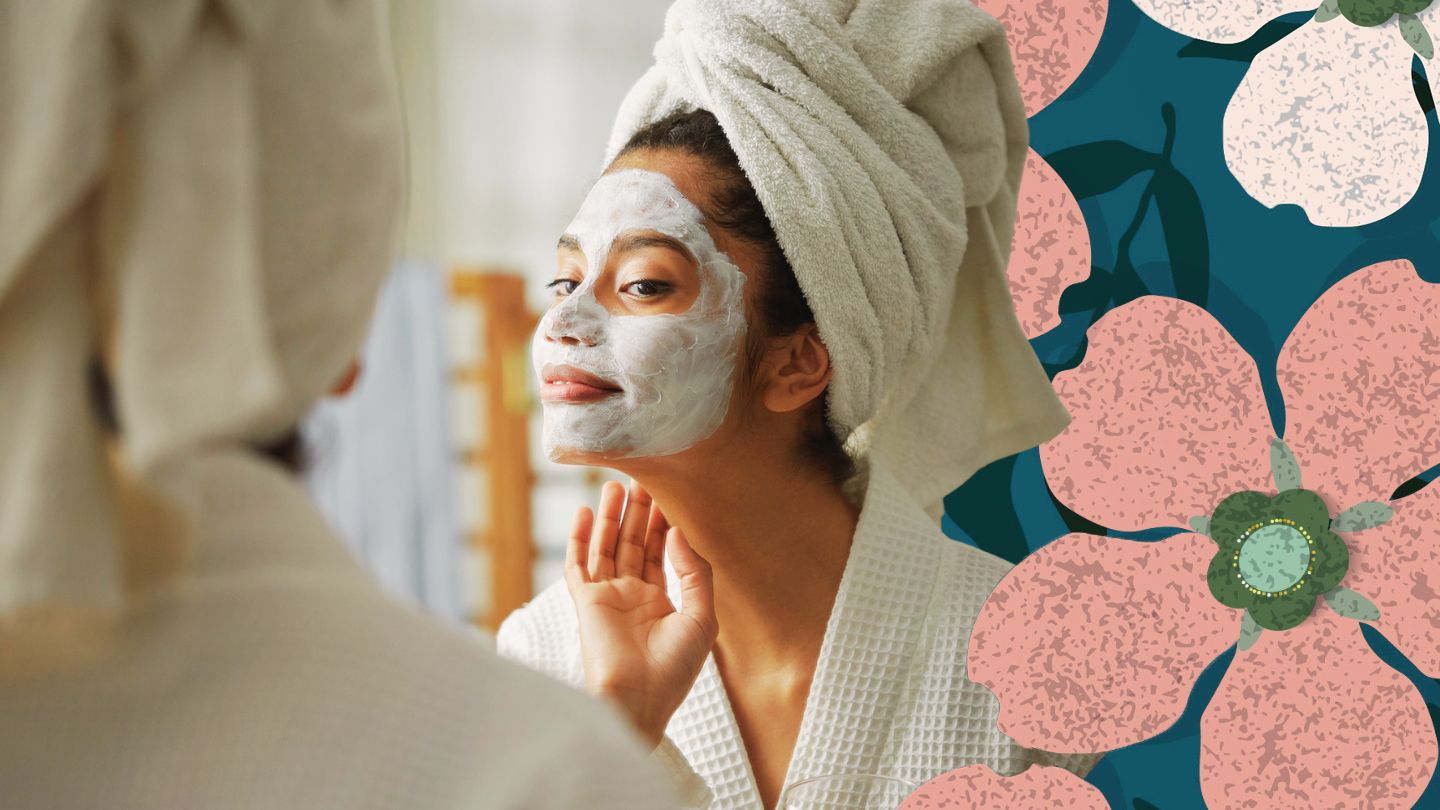The Benefits of Natural Acne Products
When it comes to treating acne, natural products offer several benefits over their synthetic counterparts. First and foremost, natural ingredients are generally gentler on the skin and less likely to cause irritation or dryness. Many natural acne products are also free from harmful chemicals, preservatives, and synthetic fragrances, which can further exacerbate acne-prone skin.
Additionally, natural remedies often work in harmony with the body's natural processes, promoting a balanced and healthy complexion from the inside out. By using natural ingredients like botanicals, herbs, and vitamins, you can nourish your skin while simultaneously addressing the root causes of acne.
Top Natural Remedies for Acne-Prone Skin
Here are some of the best natural remedies to incorporate into your anti-acne skincare routine:
Tea Tree Oil
Tea tree oil is a natural antibacterial and anti-inflammatory agent that can help treat acne by reducing bacteria and soothing redness and inflammation. It's often found in natural acne products like cleansers, toners, and spot treatments.
Honey
Honey is a natural humectant that can help hydrate and soothe the skin. It also has antibacterial properties that can help fight acne-causing bacteria. You can use honey as a face mask or spot treatment, or look for natural acne products that contain honey as an ingredient.
Aloe Vera
Aloe vera is a versatile plant with many skin-soothing benefits. It has anti-inflammatory and antimicrobial properties that can help calm acne-prone skin and reduce redness and swelling. Aloe vera gel can be applied directly to the skin or used as an ingredient in natural acne products.
Green Tea
Green tea is rich in antioxidants and anti-inflammatory compounds that can help reduce the appearance of acne and prevent future breakouts. You can apply cooled green tea directly to the skin or look for natural acne products that contain green tea extract.
Witch Hazel
Witch hazel is a natural astringent that can help tighten pores and remove excess oil and impurities from the skin. It also has anti-inflammatory properties that can help soothe acne-prone skin. Witch hazel toners and cleansers are popular natural acne products.
Incorporating Natural Acne Products into Your Routine
When using natural acne products, it's essential to follow a consistent routine to get the best results. Here's a simple routine you can follow:
Cleansing
Start by gently cleansing your face with a natural, non-comedogenic cleanser that contains ingredients like tea tree oil, honey, or aloe vera. Avoid harsh scrubs or exfoliants that can irritate the skin.
Toning
After cleansing, use a natural toner containing ingredients like witch hazel or green tea to help tighten pores, remove any remaining impurities, and balance the skin's pH levels.
Spot Treatment
If you have active blemishes or pimples, apply a natural spot treatment containing ingredients like tea tree oil or benzoyl peroxide to help dry out and heal the affected areas.
Moisturizing
Finish your routine with a lightweight, non-comedogenic moisturizer that contains natural ingredients like aloe vera or jojoba oil to hydrate the skin without clogging pores.
Lifestyle Tips for Acne-Prone Skin
In addition to using natural acne products, there are several lifestyle changes you can make to help improve the overall health and appearance of your skin:
Maintain a Balanced Diet
Eat a diet rich in vitamins, minerals, and antioxidants to nourish your skin from the inside out. Focus on whole foods like fruits, vegetables, lean proteins, and healthy fats.
Stay Hydrated
Drinking plenty of water can help flush out toxins and keep your skin hydrated and healthy.
Practice Stress Management
Stress can exacerbate acne by increasing inflammation and hormone levels. Practice stress-reducing activities like yoga, meditation, or deep breathing exercises.
Get Enough Sleep
Aim for seven to nine hours of quality sleep per night to allow your skin to repair and rejuvenate itself.
Avoid Harsh Products and Skincare Habits
Steer clear of harsh scrubs, alcohol-based products, and over-exfoliating, which can irritate and inflame acne-prone skin. Be gentle with your skincare routine and avoid picking or squeezing blemishes.
Conclusion
Incorporating natural acne products and remedies into your skincare routine can be an effective way to manage acne-prone skin without relying on harsh chemicals or prescription medications. By using ingredients like tea tree oil, honey, aloe vera, green tea, and witch hazel, you can soothe inflammation, fight bacteria, and promote a clear, healthy complexion.
Remember, everyone's skin is different, so it may take some trial and error to find the natural acne products that work best for you. Be patient, consistent, and don't be afraid to consult a dermatologist or skincare professional for personalized advice.
With a holistic approach that combines natural acne products, a balanced lifestyle, and gentle skincare habits, you can achieve healthier, more radiant skin without sacrificing your commitment to natural and sustainable beauty.
FAQs
Can natural acne products really work as well as prescription medications?
While natural acne products may not be as potent as some prescription medications, they can be very effective at managing and treating acne when used consistently and as part of a holistic approach to skincare. Many natural ingredients like tea tree oil, honey, and aloe vera have antibacterial, anti-inflammatory, and soothing properties that can help reduce the appearance of acne and promote a clear, healthy complexion.
How long does it take to see results from using natural acne products?
It can take several weeks to a few months to see significant improvement when using natural acne products. Patience and consistency are key, as it takes time for the skin to respond to new treatments and for the underlying causes of acne to be addressed. Be sure to give natural remedies a fair chance before deciding if they're working for you or not.
Can I use natural acne products if I have sensitive skin?
Yes, natural acne products can be an excellent choice for those with sensitive skin, as they tend to be gentler and less irritating than many synthetic ingredients. However, it's still important to do a patch test before using any new product, as some natural ingredients like tea tree oil can cause irritation for some people. If you have particularly sensitive skin, it's best to consult a dermatologist or skincare professional for personalized recommendations.
What lifestyle changes can help improve acne-prone skin?
In addition to using natural acne products, there are several lifestyle changes that can help improve the health and appearance of acne-prone skin. These include maintaining a balanced diet rich in vitamins and antioxidants, staying hydrated, practicing stress management techniques, getting enough sleep, and avoiding harsh skincare habits like over-exfoliating or picking at blemishes.
Are there any side effects associated with using natural acne products?
Natural acne products are generally well-tolerated and have a low risk of side effects, especially when compared to some prescription medications. However, some people may experience mild irritation, redness, or dryness from certain ingredients like tea tree oil or benzoyl peroxide. It's always a good idea to do a patch test before using any new product and to follow the recommended usage instructions to minimize the risk of adverse reactions.
Disclaimer: This article is for informational purposes only and does not constitute medical advice. Always consult with a healthcare professional before starting any new treatment regimen.
Related Coverage
Puberty brings many skin changes. Learn how to create the ideal basic skin care routine for teens to treat acne, oiliness, sensitivity and keep skin healthy....
Learn what causes clogged pores and how to treat them. Discover tips for preventing clogs plus see images of clogged pores on the face, back and chest....
Explore the anatomy of the double bum crease, causes of an exaggerated crease, and treatments like exercise, weight management, and posture improvement to reduce its appearance....
What are the nutrition facts for McDonald's biscuits and gravy? With 50g carbs and 25% calories per meal, biscuits and gravy may not align with type 2 diabetes meal plans....
Adult acne can be triggered by stress, hormones, diet, medications and improper skin care. Understanding the causes and using targeted treatments can clear up breakouts....
Discover the top-rated oil-free moisturizers for acne-prone skin. Learn tips for choosing non-comedogenic hydrators and applying them properly....
Actress Shannen Doherty passed away in February 2023 after a difficult journey battling metastatic breast cancer since 2015. Learn about her diagnosis, treatments, and advocacy....
Cysts and pimples have distinct differences in their causes, appearance, pain levels, and treatment methods. Learn how to identify and manage cystic acne....
Discover dermatologist tips for an acne-fighting skincare routine. Learn the best moisturizer ingredients to clear, hydrate and protect teenage skin....
Get the lifted, toned butt you want by training your upper glutes. Discover the best maximus and medius exercises plus complete workout programs here....







